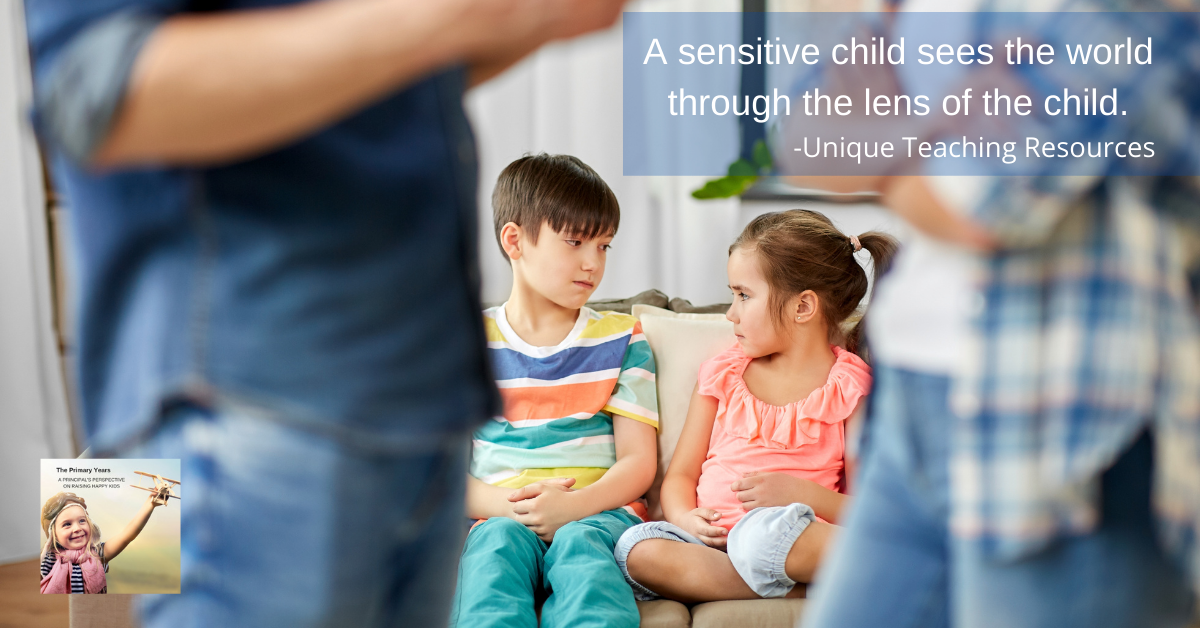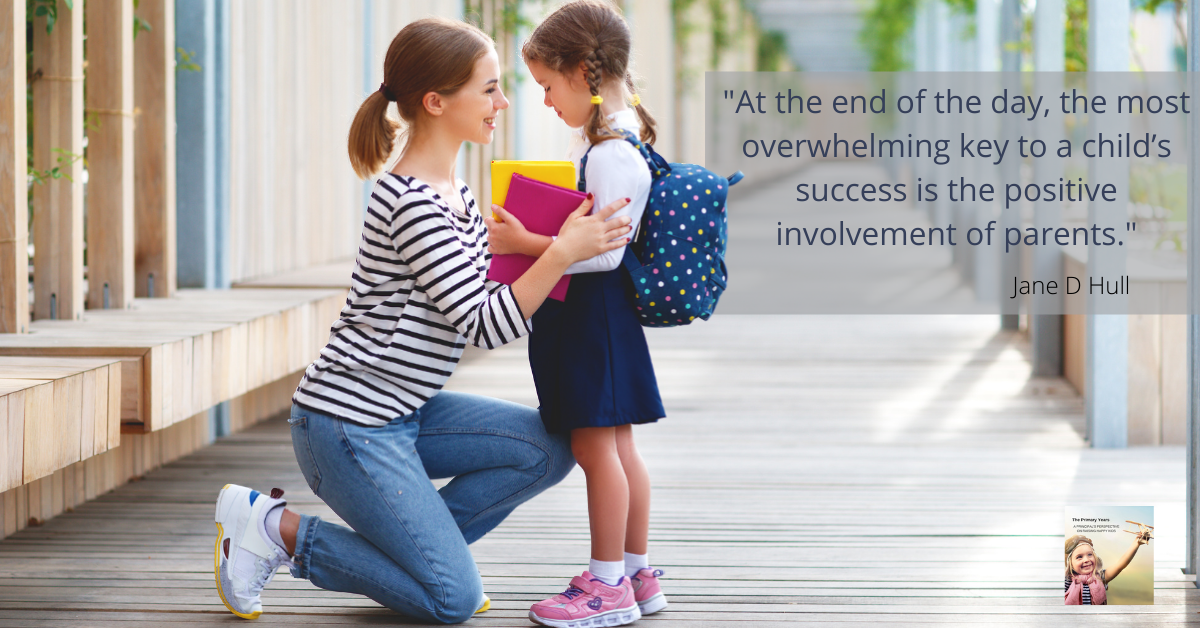Asking for help, is an important tool in learning
Are you the person that always asks for help? Some children naturally ask, even though they may not have thought through what they are asking. This, for some, can simply be a habit. Other children can be slower in asking for help and others may not ask for help due to shyness, embarrassment, fear of looking like a failure, etc. Not getting into the habit of asking questions, can be dangerously habit forming and we want our children to hear their voice in the classroom when questions are asked.
Whatever the category your child falls into, all children need to ask for help in the classroom and learn that asking for help is natural and to be expected in developing an inquiring mind. Once a child becomes an adolescent, they need to have conquered their fears to ask for help, otherwise, it can become an academic and social minefield.
Teachers carefully monitor those children who remain silent and work very calmly and skilfully to bring their voice into the harmony of all the classroom when questions are asked. A teacher will respect the quiet child, but work to get their questions and voice out in the open.
Asking questions suggests developing intellectual curiosity and perseverance to learn more. By asking questions our children are wanting to explore concepts for themselves and make sense of what they don’t understand.
At home, you can support your child to ask questions in the following ways.
Ask a lot of questions yourself. Demonstrate to your child that asking questions gives you the knowledge you need to feel satisfied.
When together as a family, have a game of asking questions. This can be a great game in the car and the importance here is to invite questions about some information. The game of ‘I spy’ is a popular one.
Ask your child about how they gain information in the class. Do they ask questions? Are they comfortable asking questions? Do they feel asking questions helps them learn? If this is a problem,
Talk to your child’s teachers about how best to assist your child.
Once a week around the table ask the children to simply ask questions. This can be around a topic, a picture etc. the importance is simply to practice asking questions.
We are aiming for our children to recognise that asking questions is a normal part of solving problems. It should be to a child a natural process this is used in building knowledge.
“The important thing is to not stop questioning.”



















